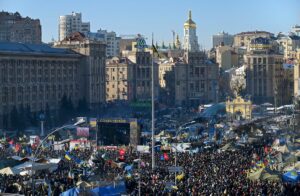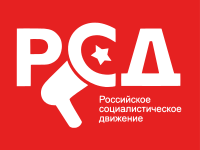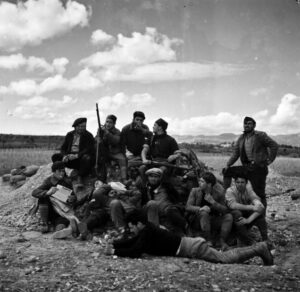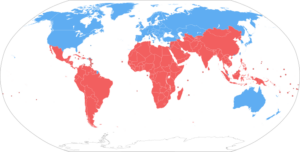
Statement by the Legal Center for Arab Minority Rights in Israel

Start with the rockets fired into Israel by Hamas on October 7, 2023 and not with the illegal occupation of Palestinian land by Israel and the blockade of Gaza since 2007, and you have an entirely different story.

After the bait-and-switch bombing of Japan, the appalled leader of the Manhattan Project, J. Robert Oppenheimer, embarks on a public crusade for a future free of nuclear holocaust, thinking that great minds will save the people.

In this essay, I attempt to offer a Marxist examination of Zionism and some of its essential features: its völkisch character, its settler colonial character, and its relation to imperialism.

Betsy Zucker reviews Gordon et al.’s book “Our Veterans,” on the veterans’ healthcare in the US and the threat of privatization.

Promise Li reviews Gilbert Achcar’s “The New Cold War,” an analysis of inter-imperialist rivalry between the US, Russia, and China.

The ties between India and Russia, and a call for the Indian left to support Ukraine against the Russian invasion.

Drawing in part on his own experiences in Ukraine, Carl Mirra criticizes the factual background and interpretations in Medea Benjamin and Nicolas J. S. Davies’ “The War in Ukraine: Making Sense of a Senseless Conflict.”

May Day is not only International Workers’ Day but also a day of solidarity with the oppressed peoples and civil disobedience against war.

The consensus from the authors reviewed here is that the anti-fascist and anti-authoritarian causes requires profound socio-economic and political changes at all levels of global society.

In the month of the first anniversary of Russia’s illegal and brutal full-scale invasion of Ukraine, president Volodymyr Zelensky held a speech at the European Parliament, where he declared Russia to be “the biggest anti-European force of the modern world”[1]. By . . .